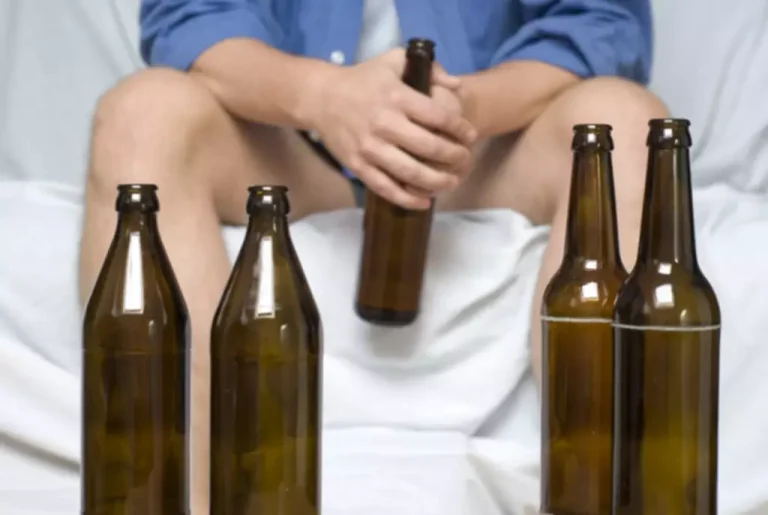
As your group focuses on the balloons and addiction meditation kundalini keeping them aloft, your mind will calm down, and all those problems will fade into the background. When you take your meditation and mindfulness practice with you, you’re also able to come back to the moment no matter where you are. Writing a letter to a loved one allows members to articulate their commitment to recovery and strengthen their support network. This activity can bring clarity, reinforce personal resolve, and foster understanding with those who matter most.
- This acceptance allows individuals to develop strong coping mechanisms essential for overcoming challenges in recovery.
- You develop resilience and learn to weather these storms without turning to substance use.
- Incorporating mindfulness meditation into your journey to sobriety can be a transformative and empowering experience.
Addressing Depression and Anxiety
Such analysis can be pivotal in strengthening emotional resilience and supporting recovery from challenges, particularly for those dealing with addiction. At Granite Mountain, we emphasize the importance of building healthy social connections, guiding you to establish relationships that are conducive to your growth and healing. This includes incorporating family therapy to enhance emotional expression and strengthen interpersonal connections during the addiction treatment process. Moreover, mindfulness fosters a deeper connection with oneself and others, fostering healthier relationships and support systems during recovery.

What Happens After Inpatient Drug Rehab?
- This happens by activating the parasympathetic nervous system, which helps the body relax and recover.
- On a physical level, activities like exercise and yoga contribute significantly to the recovery process.
- Dual diagnosis programs treat individuals with both a substance use disorder and a co-occurring mental health condition, such as depression, anxiety, or PTSD.
- These plans allow individuals to pay in installments over time rather than upfront.
- Seeking help is a sign of strength, and there are numerous support options available to guide you on your journey to recovery.
Dual Substance abuse diagnosis treatment addresses co-occurring disorders, where a person experiences both a substance use disorder and a mental health condition, such as depression, anxiety, or PTSD. Research by HelpGuide.org shows that treating both conditions simultaneously leads to better long-term recovery outcomes, reducing relapse risk and improving mental health stability. Inpatient drug rehab is a structured, residential treatment program where individuals stay at a specialized facility to receive intensive care for substance addiction. It provides 24/7 medical supervision, therapy, and support to help individuals achieve sobriety.
- Researching facilities for a drug rehab near me, comparing treatment options, and verifying accreditation help ensure you choose the best rehab center for your needs.
- Mindfulness-based interventions (MBIs) are scientifically proven strategies like “mindfulness meditation” that helps addicts deal with the chaos going on in their mind during their recovery.
- At some point, he became suicidal but was lucky enough to get timely help.
- Individuals who practice mindfulness can observe their thoughts and feelings nonjudgmentally, allowing them to navigate cravings and emotional responses more effectively.
- After the meditation, you will reflect on your experience, receive tips for independent practice, and discuss plans for future sessions.
Exploring Meditation Techniques
Mindfulness meditation has a wide array of health benefits aside from emotional management. Engaging in meditation can increase emotional resilience, promote self-awareness, and reduce stress. These improvements collectively foster better coping strategies, making individuals less prone to substance use when faced with triggers. Regular engagement in mindfulness practices—like breathing exercises and body scan meditation—reinforces these benefits, especially as part of an addiction recovery program. In recent years, meditation and mindfulness have emerged as powerful tools in the realm of addiction recovery.

Empowerment and Transformation through Expressive Arts
Patients also transition into outpatient programs or partial hospitalization programs (PHP) after inpatient care, ensuring continued support in their recovery journey. Finally, engaging in expressive arts therapies cultivates emotional resilience. Participants gain valuable skills in emotional regulation and resilience, essential elements for navigating life’s challenges and sustaining recovery from addiction or mental health issues. Strategies learned through art-making foster adaptability and a stronger sense of self, which are crucial in maintaining a balanced emotional state. Expressive art therapy offers numerous benefits, significantly enhancing self-awareness through creative expression.
How Mindfulness Supports Relapse Prevention
By promoting cognitive flexibility, individuals learn to adapt their reactions to stress and challenges more effectively. This adaptability is crucial for navigating complex emotional landscapes, particularly during recovery periods. Inpatient drug rehab lasts 30, 60, or 90 days, though some programs extend beyond 90 days for severe cases.


In this blog, we’ll explore how to deal with a gambling addiction in a way that promotes lasting recovery, well-being, and renewed hope for the future. If you or someone you love is struggling with gambling addiction, you’re not alone. Problem gambling affects thousands of people, leading to financial stress, strained relationships, and emotional turmoil. But recovery is possible, and with the right support and strategies, you can regain control of your life. Our writers and reviewers are experienced professionals in medicine, addiction treatment, and healthcare.

What Programs Are Offered in Inpatient Rehab?
When selecting a meditation method, individuals should consider what resonates with them personally. For example, someone who enjoys physical activity might find moving meditation particularly engaging, while someone searching for mental tranquility may prefer mindfulness or mantra meditation. Research indicates that mindfulness practices can significantly reduce attentional biases towards drug-related cues, which are often linked to relapse.